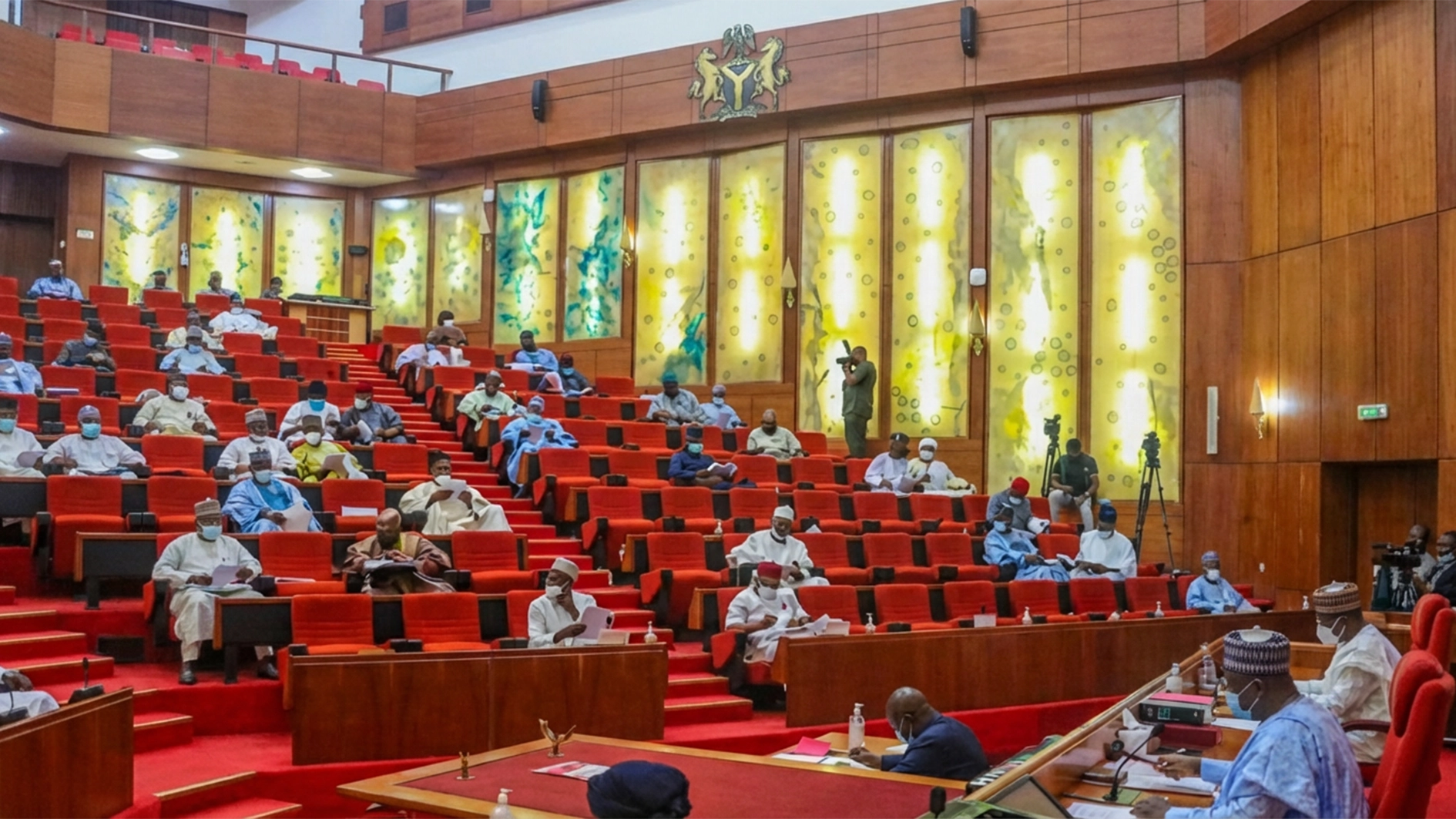
Consequently, it will establish a Digital Innovation and Entrepreneurship Centre to enable Nigerians to acquire technological skills to develop hardware, software and emerging technologies, create an innovative ecosystem and a platform for technical skills, among others.
Speaking at the unveiling of the centre yesterday in Abuja, Minister of Communication and Digital Economy, Dr. Isa Pantami, said the move would boost the development of digital economy and diversify the country’s economy.
Pantami said digital innovation and entrepreneurship were recognised globally as prerequisites for achieving indigenous digital economy as such, a successful digital innovation and entrepreneurship programme would support the development of a digital economy.
“The National Digital Economy Policy appreciates the importance of identifying and supporting SMEs and focuses on encouraging SMEs to go a step further by aiming to become Innovation Driven Enterprises (IDEs).
“The centre will be based on the ‘live, work and learn’ concept and its activities will align with six of the eight pillars of our National Digital Economy Policy for a Digital Nigeria,” he said.
He commended President Muhammadu Buhari for supporting the project and approving the building for the centre on November 11, 2020, during the Federal Executive Council (FEC) meeting after his presentation on the project.
Pantami noted that the idea received FEC’s support, because of the positive impact it would have on Nigerians, adding: “Government is adopting the Massachusetts Institute of Technology’s (MIT) frameworks in accelerating innovation to create localised strategies for developing and sustaining innovation-driven enterprises.
“The IDE-approach will be used at the centre. IDE-concept has been promoted by leading institutions such as the MIT and the enterprises have great advantages. In contrasting IDEs and MSMEs, we find that IDEs tend to have a global outlook, while SMEs tend to start small and choose to remain local.
“IDEs also generally require more capital than SMEs and tend to integrate more innovation into their activities than SMEs. However, they can have a far more significant impact on the economy than SMEs.”
He pointed out that a 2015 report indicated that an MIT nation would have been the world’s 10th largest economy, with gross revenue falling between the Gross Domestic Product (GDP) of Russia ($2.097tr) and India ($1.877tr).
Speaking, Director General of the National Information Technology Development Agency (NITDA), Kashifu Inuwa Abdullahi, said the digital economy was the fastest growing economy globally, adding that to sustain and consolidate the growth, the country needed to ignite innovation and entrepreneurship in the digital space.






